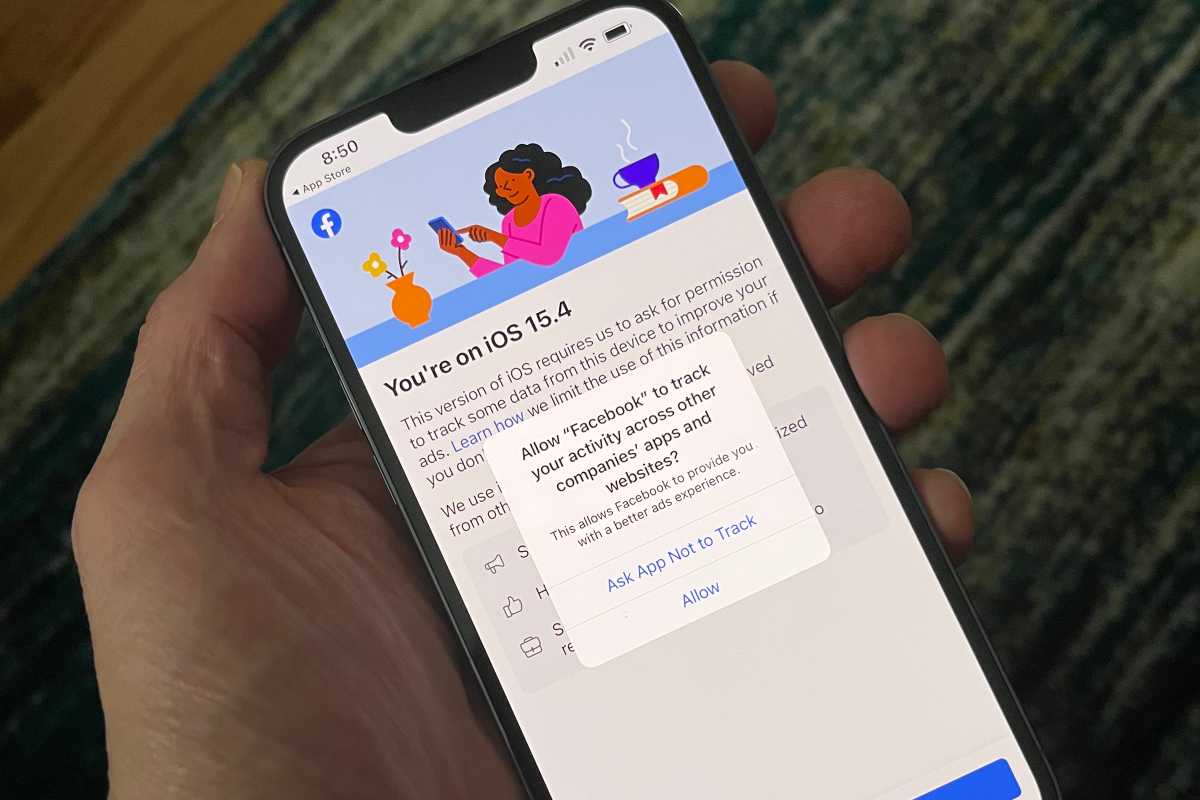Apple’s App Tracking Transparency may make life better for millions of iPhone users, but there are plenty of companies who are less than thrilled with it. Facebook warned investors last month that the pop-up alert was costing the company around $10 billion a year, now Google is blasting the feature as “ineffective.”
The criticism comes as Google announced its own Privacy Sandbox feature that will come to Android no earlier than 2024. Google says the new multi-year initiative will limit sharing of personal data with third-party apps and reduce the potential for covert data collection, including safer ways for apps to integrate with advertising SDKs.
The whole blog post is very vague and filled with less-than-convincing language that Google will actually change anything in a meaningful way. As it stands, Android already offers a way for users to opt out of targeted advertising as well as a Privacy Dashboard that shows what apps are using which permissions, but falls well short of the kind of transparent tools and opt-in enforcement Apple offers.
According to Google, that’s by design. Without mentioning Apple by name, Google takes aim at “other platforms” that are “bluntly restricting existing technologies used by developers and advertisers.” While Apple’s ATT turns off all cross-app tracking and requires apps to ask users to opt in if they want, Google claims that Android’s Privacy Sandbox will offer “a privacy-preserving alternative path” that offers both “effective and privacy enhancing advertising solutions” and gives developers and businesses “the tools to succeed on mobile.”

App Tracking Transparency offers a simple button for turning off tracking.
IDG
To bolster its argument, Google links to a study on the effectiveness of Apple’s App Tracking Transparency conducted by Lockdown Privacy. That report concluded that ATT “made no difference in the total number of active third-party trackers, and had a minimal impact on the total number of third-party tracking connection attempts.” It also found that ATT “was functionally useless in stopping third-party tracking, even when users explicitly choose ‘Ask App Not To Track’.”
Those findings, which were based on 10 top-tanked apps, including Yelp, Starbucks, and Grubhub, found that Apple was utilizing a “narrow definition of tracking” that is “misleading, counterintuitive, and confusing,” and “incentivizes less transparency, creating more dangers for privacy.” In contrast, Google plans to provide regular updates on designs and timelines while working closely with developers and regulators.
However, while ATT will only get stronger with each iOS update, Google promises to support existing ads platform features for at least two years.
Michael Simon has been covering Apple since the iPod was the iWalk. His obsession with technology goes back to his first PC—the IBM Thinkpad with the lift-up keyboard for swapping out the drive. He’s still waiting for that to come back in style tbh.
For all the latest Technology News Click Here
For the latest news and updates, follow us on Google News.

